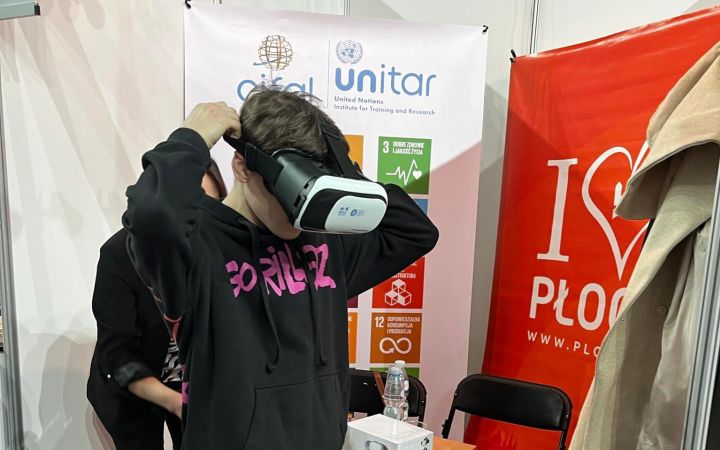Innovative ways in which nature can help reduce health inequalities in cities will be the focus of a £7.1 million study.

Researchers will explore how greater access to green spaces and areas of water can improve wellbeing in economically disadvantaged areas.
The study will seek to improve people’s quality of life and ultimately reduce chronic and non-infectious diseases such as heart disease, diabetes, cancer and poor mental health.
It will have a particular focus on neighbourhoods where rates are disproportionately high.
The study – co-led by Edinburgh researchers – will build on existing evidence that access to urban spaces such as parks, woodlands, lochs and beaches has positive impacts on people’s health.
New spaces
The Groundswell Consortium, which also involves Queen’s University Belfast and the University of Liverpool, will engage citizens in planning and co-designing open spaces that will benefit urban communities.
Over the next five years, the interdisciplinary team will work with residents in Belfast, Edinburgh and Liverpool where there are high levels of health inequalities.
It is hoped the findings will inform a UK-wide and global approach that harnesses the positive impact that nature can have on health outcomes.
Working together
The initiative will involve experts in health, data and community engagement. They will work with local authorities and charities to evaluate how changes in access to natural environments over time make a difference.
Knowing when parks have been adapted to encourage new visitors, and how this subsequently impacts health outcomes, will help provide robust evidence on what works and for whom.
Professor Ruth Jepson, of the University of Edinburgh’s School of Health in Social Science, said: “We propose a new way of working that encourages communities to work with our partners to design and manage spaces that benefit everyone, especially those who need it most.
The £7.1m award has been made by the UK Prevention Research Partnership.







